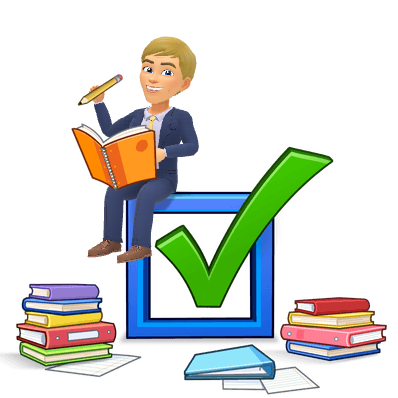It has been a while since I have written a post on my blog as I have been spending all of my time either working (schools aren’t easy places at the minute!) or writing a systematic literature review.

Despite not really having an Easter holiday and spending most days in the literature, I found the process of the systematic literature review difficult but highly rewarding and it has given me skills, knowledge and insight as I move into the ARMTP module.
This involves me looking at what I am going to spend the next 3-5 years reading, studying and writing 60,000 words on. Not an easy decision to make!
At this time, I am looking to focus on educational leadership, teacher professional learning and teacher professionalism.
Having completed my Masters in Ed Leadership, I have been interested in leadership, the dynamics of this and the gap between research, policy, and practice. I have also been interested in the idea of ambitious practitioners who go into leadership early in their careers versus the leaders who spend more time as a classroom teacher before moving to the next stage in leadership (PT/FH).
Who is better equipped? Does it matter? Can it be researched?
The more I have read, the more I have realised that this is a very tricky area to research, and my own bias (as I was a younger ambitious leader with imposter syndrome!) may play heavily in any large-scale thesis.
As part of Methods of Enquiry, Literature and Scholarship, I have been looking at professional learning in middle and senior leaders and one of the articles by Dr Joan Mowat has really got me thinking and (dare I say it) excited about looking into the idea of “leadership at all levels”. As Dr Mowat has said, it is under-theorised and, although mentioned a lot in current Scottish policy (from the Donaldson Report onwards), it is not something that we know exactly what it means both in theory and in practice.
I might also be able to link it to my initial ideas around “Ambition vs Experience” but I hopeful to bring in the GTCS standards, their recent changes, Donaldson, National Improvement Framework, thoughts on workload, health and wellbeing and teacher professionalism. The possibilities are endless and daunting and this is why it is cathartic to write this post and commit thoughts to writing.
A draft question may be:
“What are a teacher’s views on the skills, abilities, knowledge and capacity required in order to become a leader in their classroom and beyond?”
“Why do teacher’s decide to step into promoted posts?” (leadership, the power, the status, the money, to move out of school?)
“What are a teacher’s views on their own professionalism with regard to leadership at all levels or leadership more generally?” (do they think they should be leaders? What do they think they should be doing? Are they happy just being classroom teachers?)
My early thinking is around researching into this would be mixed methods starting with mass-scale questionnaires at all levels of the teaching profession looking into what leadership means to them, their understanding of their leadership responsibility and how this relates to the idea of Teacher professionalism. I would then look to receive qualitative data by means of focus groups to spot any patterns that have come out from questionnaire’s (either in roles in the schools or sectors [not sure if I should keep to secondary or branch out]). This seems traditional in a research sense and may change as my thinking develops in this module around methods.
In terms of ethics, I don’t see there being too many challenges given that the route I initially plan to take is quite traditional in the collection of data. I think I may come across honesty issues around teachers. How many teachers would be comfortable admitting they went into promoted posts for the money? How many classroom teachers would openly admit that they don’t show leadership in the classroom?
There are lots of things still to be considered like refining the question, the geographical context, and the sector that I choose to focus in on.
If you have any thoughts of your own having read this, please get in touch. One of the things that I am finding the most beneficial about this course is the professional connections and dialogue that it promotes. We learn best when we learn together!
